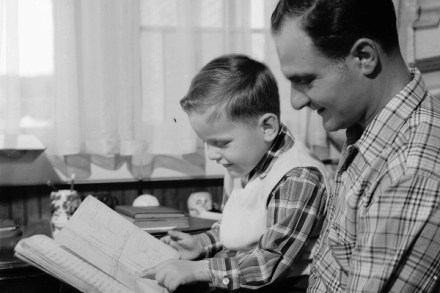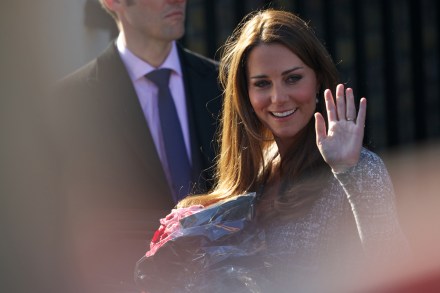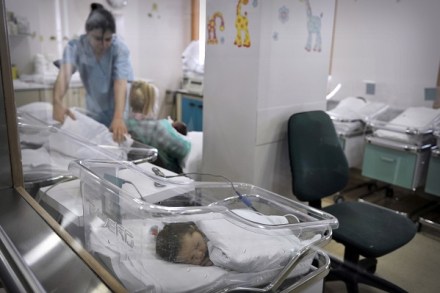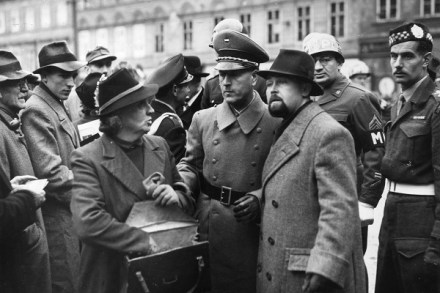The Astronaut Wives Club
There I was, slowly and not ungrumpily coming to terms with the fact that there weren’t going to be any more decent books about the Apollo missions. Only 12 men ever walked on the Moon, and the ones that were interested in writing autobiographies had already done so. There’d been the brilliant one-volume history of the whole project (Andrew Chaikin’s A Man on the Moon), and the personal memoir of what it meant to an ordinary kid growing up at the time (Andrew Smith’s Moondust). There were the big glossy coffee-table jobs showing every crater, and Norman Mailer’s over-written but still revealing account of being at Houston and Cape Kennedy,


















